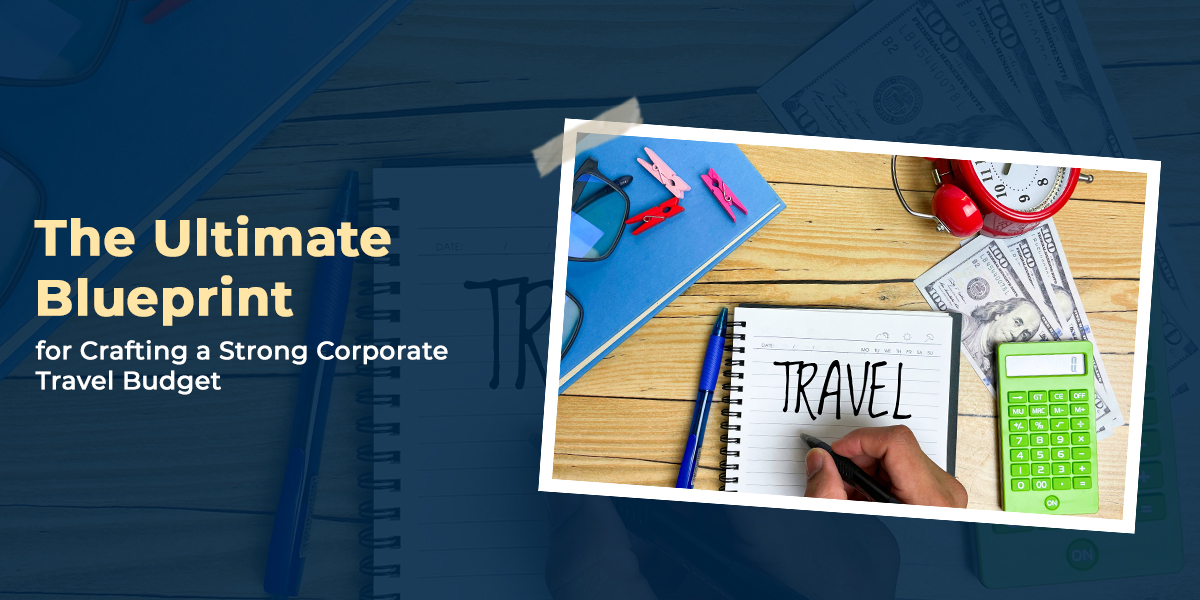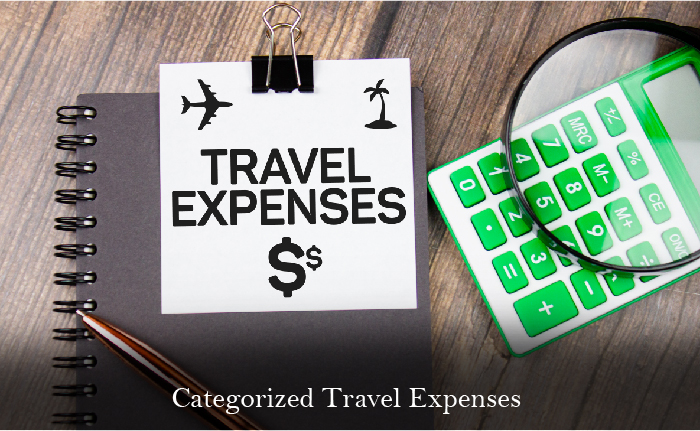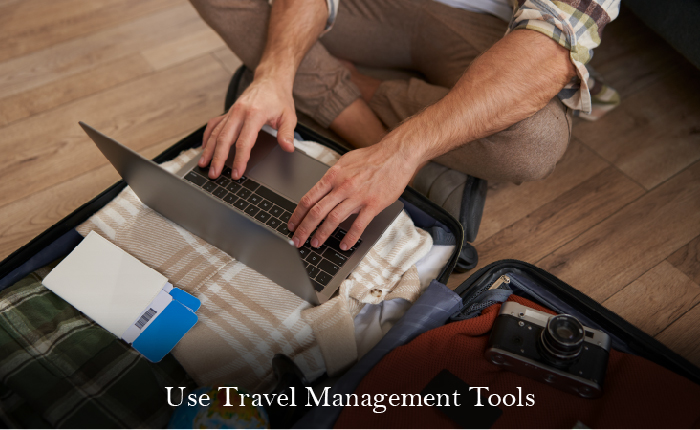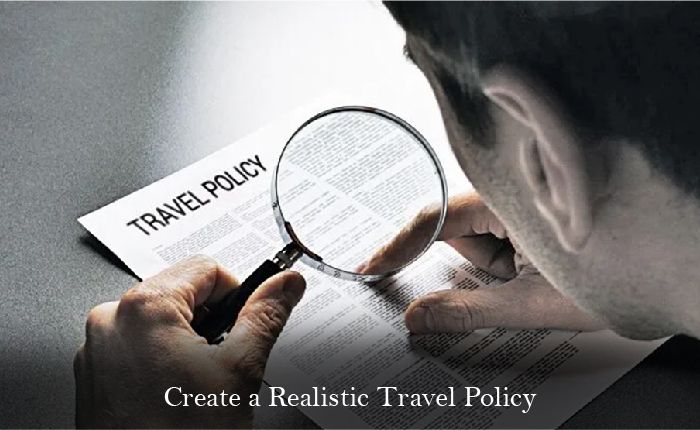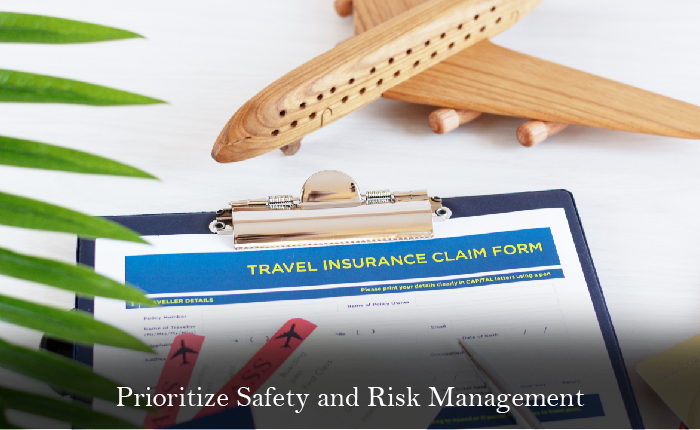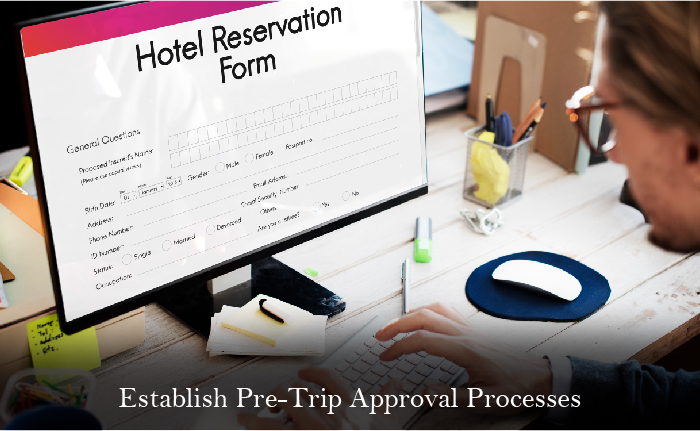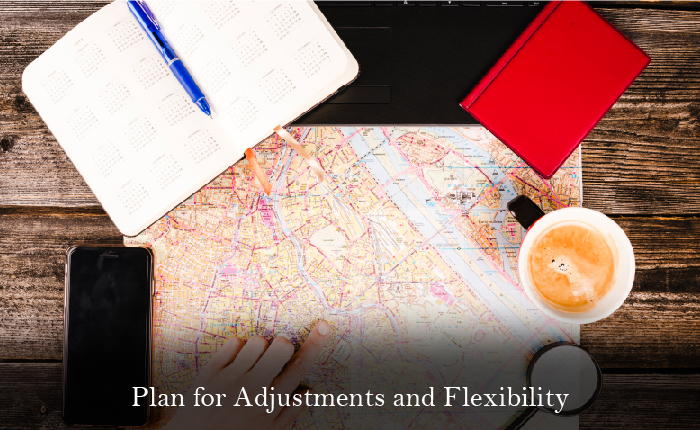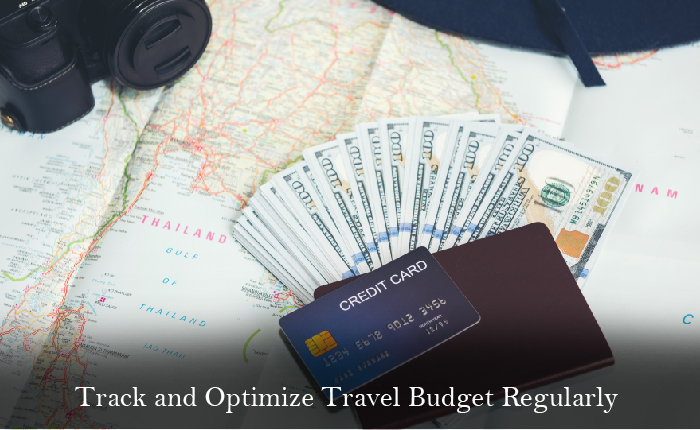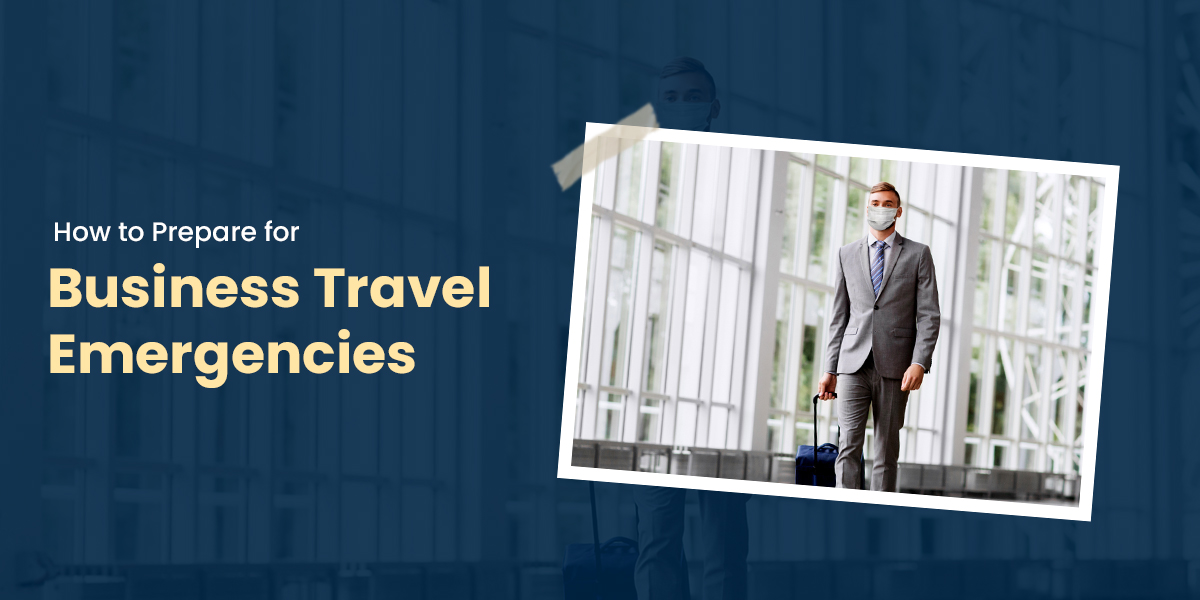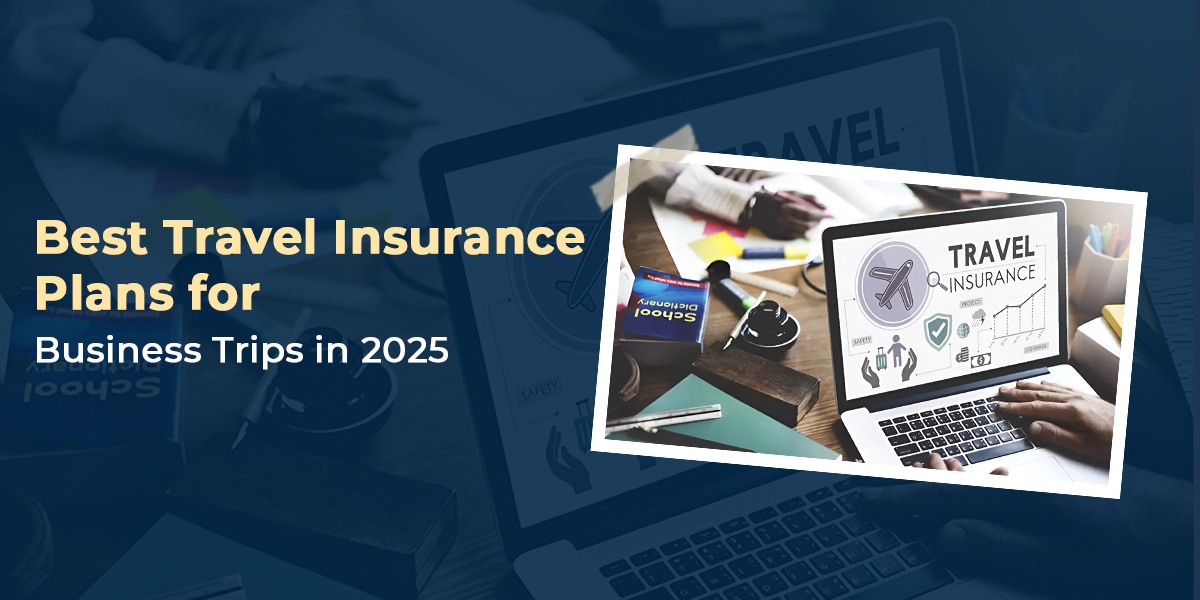Whether it's in securing collaborations, going to conferences, or overseeing global operations, travel plays a crucial role in the company's performance. But, without a robust business travel budget, the costs are likely to spiral into the sky, affecting the overall efficiency of operations and profitability.
This blog will take readers through the procedure for creating a strong corporate travel budget. We will provide suggestions on how to increase return on investment while keeping expenses in check. Let's look at the most important elements of a sound travel budget that balance a company's needs and financial responsibilities.
Understand Your Corporate Travel Needs
The initial step to developing a robust corporate travel budget is to understand the goal and magnitude of the travel needs of your business. You should ask yourself:
What is the primary purpose of corporate travel? Are they for business growth internal meetings, customer engagements, or even industry-related gatherings?
Who's traveling? Sales teams, senior executives, or technical personnel—each of these groups will have its requirements as well as associated expenses.
What is the frequency of travel? Each month, every quarter, or just for important occasions?
Clarity on these aspects allows you to customize your budget according to the specific requirements instead of using a generic method.
Categorize Travel Expenses
Corporate travel can be categorized into multiple cost categories. It's essential to separate them to better track and optimize. This is a summary of the most important categories to think about:
Transportation: Trains, flights, cars, rental car service, ride-sharing, or mileage reimbursement for private vehicle usage.
Accommodation: Hotels, rental properties for short periods, or corporate homes.
Meals and Entertainment: These include meals during travel as well as entertainment expenses to attend client events.
Miscellaneous: Wi-Fi and parking fee, tips, as well as any other costs.
Use Travel Management Tools
Investing in the use of a system for managing travel (TMS) is one of the most effective strategies in the field of corporate travel budgeting. The TMS platform lets you:
Monitor and control costs in real time.
Maximize travel plans by negotiating rates for hotels and flights.
Reports can be generated to help identify trends in spending and then adjust your budget to reflect these trends.
The most popular platforms are Concur, Egencia, and TravelPerk.
Create a Realistic Travel Policy
An organized and clear traveling policy forms the foundation of any travel budget for a company. It helps employees understand what they are expected to do and how to manage costs. The policy must cover:
Procedures for booking: Make sure to encourage earlier bookings so that you can take advantage of cheaper prices.
Priority vendors and loyalty programs: Create alliances with hotels, airlines, chains, rentals, and other services that offer loyalty points as well as corporate discounts.
Reporting guidelines for expenses: Define the deadline that employees have to submit invoices and financial reports.
Prioritize Safety and Risk Management
As important as financial oversight is, employee security must be at the top of the list within your travel budget. It is important to allocate funds to:
Travel insurance: Medical travel insurance, trip cancellation, and evacuation insurance.
Emergency assistance: Budgeting to cover 24/7 emergency hotlines for travel assistance or local emergency response.
Health requirements: Ensuring that travelers have the correct vaccinations and visa requirements, based on the location.
Establish Pre-Trip Approval Processes
An important cost-control strategy is creating a rigorous before-travel approval procedure. Instead of permitting open-ended bookings, require finance or management department approval before finalizing the travel plans. This allows your staff an opportunity to look over and alter bookings so that they're in line with your budget.
Monitor the Key Performance Indicators (KPIs)
KPIs provide valuable insights on how your budget for travel is working. A few common KPIs are:
Cost per trip: Determine the cost per trip as a percentage in different regions or departments.
Total expenses for travel vs. budget: Always check your travel costs to the budget that you've approved.
Rate of success for trips: Monitor the outcomes for business of your trip including the acquisition of clients or the completion of projects.
Plan for Adjustments and Flexibility
The travel schedules of corporate travelers aren't always predictable. From flights that are canceled to last-minute appointments, sudden modifications are an integral norm. So, it's important to include flexibility in your budget for travel. Set aside contingency funds for:
Emergency bookings: More expensive flight prices due to last-minute cancellations.
Extended stays: Business trips that last longer than planned.
Cancellations: Tickets or hotel reservations are not refundable.
Track and Optimize Travel Budget Regularly
The final stage in creating an effective budget for travel is constant monitoring and optimization. Review trends in your spending and make adjustments to your budget in line with these trends. Answer these questions:
Do we stay within our budgets for every department?
Do you have the ability to negotiate lower rates or agreements with vendors?
Which travel experiences have the best return on investment, and what can you replicate the same results?
Wrapping Up...
A solid budget for travel in the corporate world requires careful plans, teamwork among employees, and real-time monitoring. Following this guideline will allow your company to maintain control of expenses and ensure that your employees are safe and efficient. A well-planned budget will not just save money but also allow employees to concentrate on maximizing their travels, ultimately contributing to the growth of your business.
